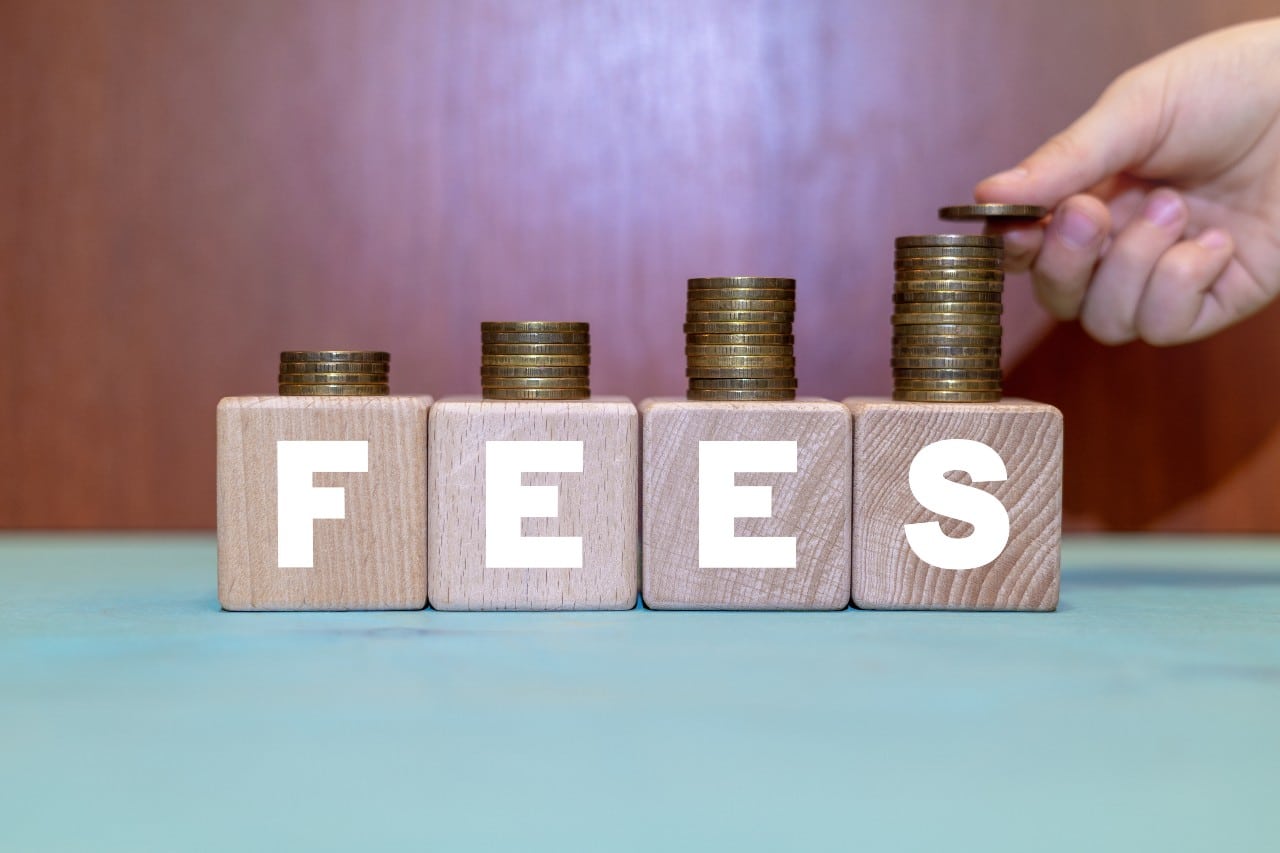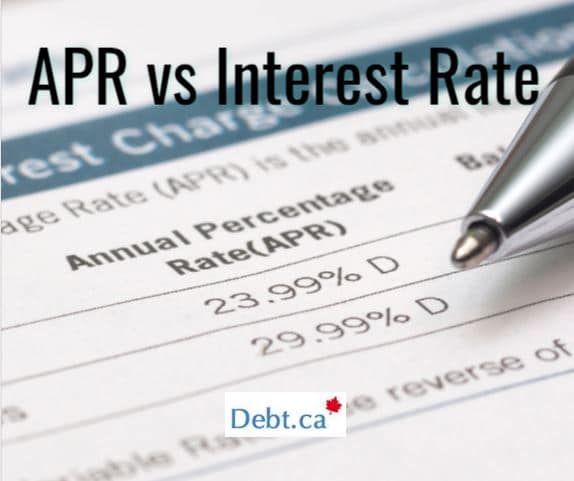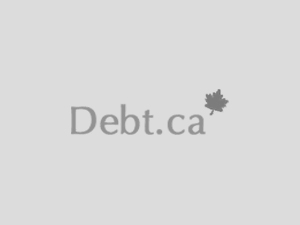Finding a surcharge added to your bill is nothing new, but they’re in the news lately.
Every time you pay a business with your Visa or Mastercard, the business has to pay an “interchange fee” to the credit card company. This becomes expensive, especially for small businesses. So in 2011, Canadian businesses took Visa and Mastercard to court. They launched a class-action lawsuit. As of October 2022, the businesses won. The credit card companies had to refund hundreds of millions of dollars to businesses. Also, businesses are now allowed to charge extra to you, the buyer, to cover those interchange fees.
What this means for consumers: Paying with your credit card could now cost you up to 2.4 percent more on every purchase. Do you use a credit card to earn points? With the new surcharge, it might not be such a great deal anymore.
Not all businesses will add credit card surcharges. So far, one in five businesses is considering it. That’s 19 percent of businesses. Another 26 percent said they’ll add a surcharge if their competitors or suppliers do.
Surcharges In Your Everyday Life
Visa and Mastercard are not the only businesses that add surcharges. A surcharge is simply a fee that a merchant can add to help cover their expenses.
What Businesses Add A Surcharge?
You might be surprised to know that many products and services come with a surcharge.
NOTE: Surcharges are not illegal. Businesses are allowed to charge extra to cover their own costs. However, they’re not allowed to charge extra just to make a profit.
Do Any Of These Situations Sound Familiar?
- You go to pay your hotel bill, it’s a lot higher than you expected. There are fees added called a “resort fee”, or for internet access. It might also include extra charges for housekeeping, business centre use, cancellation, early departure, energy, pool, or the gym. Marriott International was sued for not including extras in the advertised prices of hotel rooms.
- You look at your cell phone bill. You never agreed to pay this much! There’s an extra “administrative fee.” Oh, and you keep forgetting about “roaming charges” and “data overage charges.”
- You rent a car. You already know you’ll pay for insurance, mileage and refuelling, but an early return fee? That comes as a surprise on your final bill.
- Your restaurant bill includes more than the meal, drinks, taxes and tip. There’s also a “convenience fee” because you paid with a credit card.
- You book a flight. Travelling is already expensive, but this trip costs more than you expected. You pay extra because you booked by phone. The aisle seat
- you asked for cost more. At the airport, there’s also another surcharge because you checked your baggage.
- You buy concert tickets. They cost more than you thought because of an extra “processing fee.”
- You wonder why your Internet bill is more than it should be. When you read it carefully, you see several surcharges. You might see the words “internet infrastructure fee,” “technology service fee,” or “network enhancement fee” on your bill.
Why Businesses Charge A Surcharge
Look at it this way:
A hotel has to pay housekeeping staff to keep your room clean. If a used car dealership really wants your business and details your car “for free,” it’s not really free. They need to pay someone to clean and wax the car.
Competition is another reason for surcharges. Companies want your business, so they advertise the lowest price possible. They’re not always up-front about added fees. They might hide these in the fine print of a contract, or on their website. Some people call surcharges “drip pricing” because you find out about them gradually, drip by drip.
Credit and debit cards are another reason for surcharges. For the consumer, these are convenient ways to pay. Unfortunately, merchants pay a high cost to accept non-cash payments.
Businesses add (and sometimes hide) surcharges because they need to survive. They don’t all mean to be sneaky. Some have tried to be open and honest by adding surcharges to the total bill. Unfortunately, this made them look more expensive than their competitors, and they lost customers.
How To Avoid Surcharge
Read The Fine Print
Some people call surcharges “hidden fees,” but they’re not really hidden. They’re just hard to see without a magnifying glass. If you’re reading the contract online, sometimes the fine print is insanely tiny. Enlarge it on your screen. Read it.
Complain
No, really. It can be surprisingly helpful. According to Consumer Report, only about one-third of consumers try to get a surcharge taken off a bill. Or they ask for a refund. Guess what? Of those who do complain, two-thirds are successful in getting money back.
Other Ways to Avoid Surcharges
Surcharges can be easy to miss. They hide in the fine print. They’re buried in the prices you pay for products and services. Still, knowledge is power. If you know what to look for, surcharges won’t be such a surprise.
You can…
- Resist using a credit card. Actually, a debit card can also cost you an extra “point of sale” charge. To avoid paying a surcharge, pay with cash.
- If you’re travelling in another country, avoid using your Canadian credit card. You might have to pay an extra 2.5 percent on every transaction. This is called a “foreign currency conversion” fee.
- If you shop online, think twice before ordering from another country. It might cost more with the conversion. There could be extra fees for the currency conversion. For example, PayPal charges a 4.5 percent “conversion service charge.” Or, you could pay a brokerage fee to cover the costs of shipping goods across a border.
- If you’re hiring a professional mover, find out what the total cost will be. Ask if the price includes things like gas, storage or, packing materials. If these are extra, your final amount could be a lot more than what you were quoted.
- If you need to rent a car, find a company that doesn’t charge extra for returning the car early.
- If you’re signing up for a credit card, ask if there are annual fees. Also, ask if the company charges for late payments and cash advances. These extra charges really add up.
Talk To The Experts
Avoiding surcharges is just one way to save money and manage your personal finances. Whenever you have money questions, contact us and get answers!










